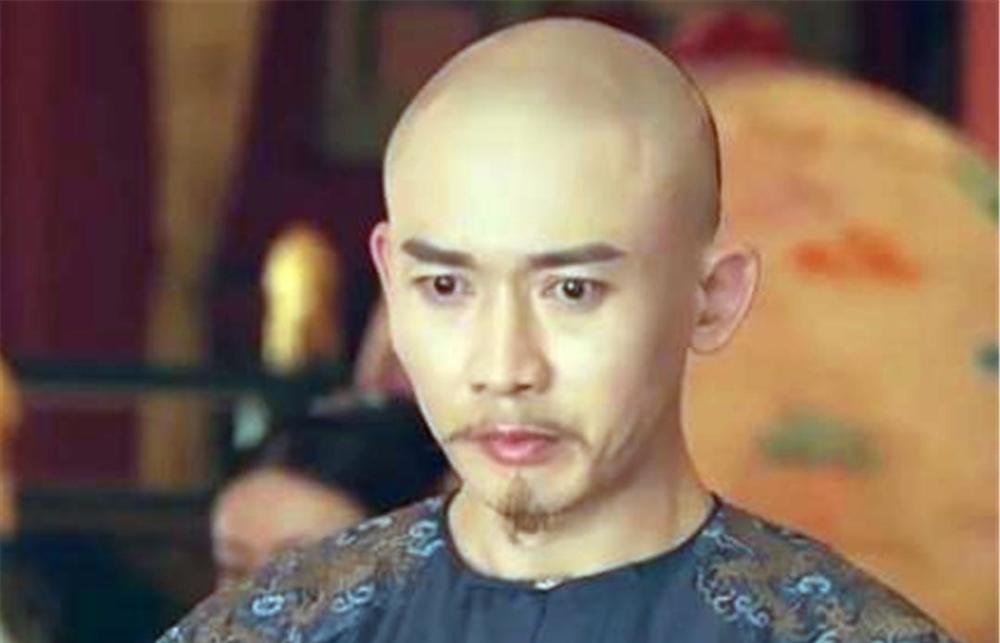In the Ming Dynasty, there were already people who called themselves slaves, and this kind of group was mainly the eunuchs of the inner palace, and in the eyes of this group, they were humble subordinates, and the emperor was their master. In the Kangxi Dynasty, only the eunuchs and palace women in the palace called themselves slaves, for two purposes, one was to reduce their status to close the relationship with their masters, self-depreciation was an effective way to please their masters, and second, eunuchs and palace women were humble in status, had no status, and calling themselves "slaves" was also normal. From the Yongzheng Qianlong Dynasty onwards, the title of slave was not limited to eunuch palace women, but extended to some domestic courtiers.

Where the slave came from first can not be verified, generally using slaves is to call the next person, but there is also the meaning of cursing. If you can get a glimpse of one or two from the historical records, the earliest is the record in the Book of Jin that Liu Yuan, the king of the Xiongnu Han Dynasty, scolded Sima Yan's son Sima Ying: "Needless to say, run against yourself, and the true slave cai is also!" For self-proclaimed slaves, the Ming Dynasty has never had it before! The earliest literati such as Sima Xiangru, Cai Yong, Liu Kun, Han Yu and other literati called themselves concubines, but this was only a profanity, not a book title.
Those Han Chinese who defected to the Manchus earlier could also call themselves slaves. Those Han courtiers after entering the customs can only be called subjects, and absolutely cannot call themselves slaves. Here slaves are equivalent to their own people, or even family members, who are far or near. Only those outsiders, such as Han officials, could only be called vassals. Of course, later Han Chen became more and more important, and some of them were authorized by the emperor and could also be called slaves.
It is true that the companion of the king is like a companion of the tiger, and Cao Zhenyong, the prime minister of the three dynasties of the Qing Dynasty (Qianlong, Jiaqing, and Daoguang), has a rich lifelong principle of "prostrating more and talking less", and after his death, he also received "Wenzheng". It can be seen that under the dictatorship of the Qing Dynasty, you are not allowed to speak, and under the control of the slave emperor, you can not be a slave if you want to be a slave!